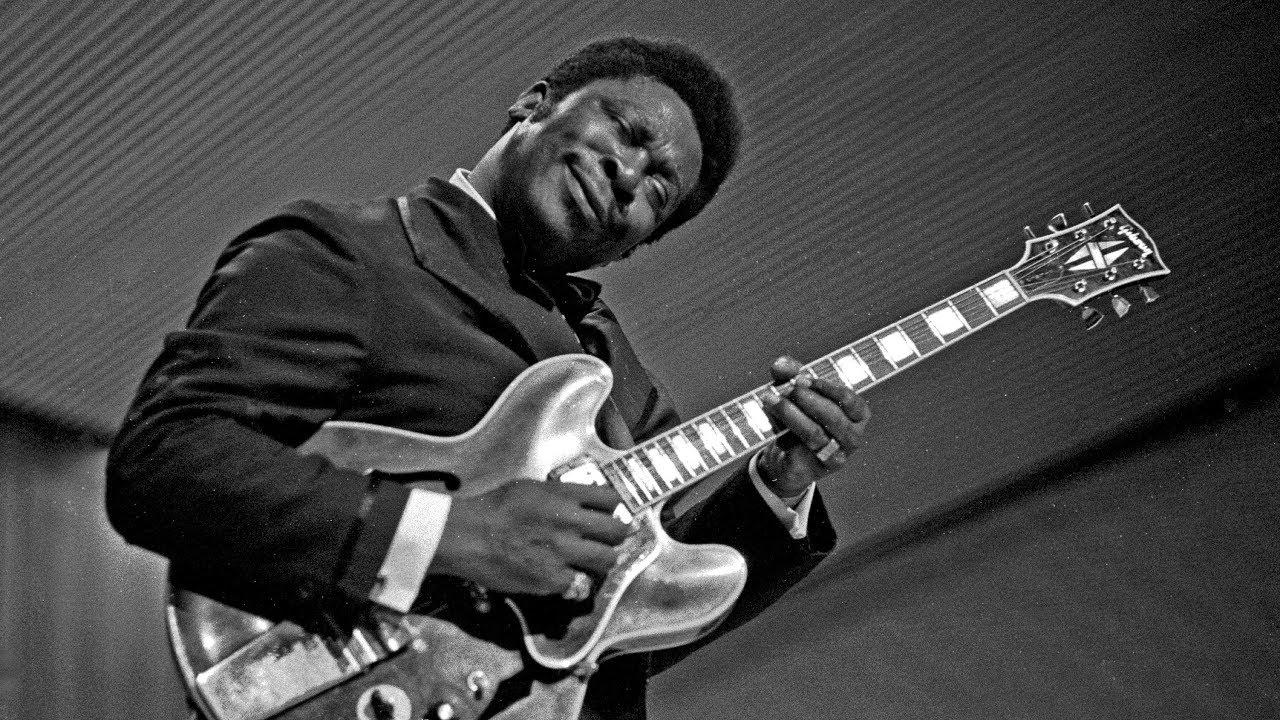Buster Benton: A Bluesman’s Journey
Introduction
Buster Benton was one of the last true torchbearers of the classic Chicago blues tradition. Though not as widely recognized as some of his contemporaries, Benton’s emotive guitar playing, soulful voice, and commitment to the blues made him a beloved figure among enthusiasts. His gritty style and commitment to the music, even in the face of health struggles, kept the blues alive well into the modern era. Benton’s most famous recording, “Spider in My Stew,” remains a blues staple, showcasing his ability to blend traditional themes with modern electric stylings.

Childhood
Born Arley Benton on July 19, 1932, in Texarkana, Arkansas, Buster Benton was raised in the heart of the segregated South. Texarkana was a rich cultural melting pot of gospel, country, and blues, all of which would seep into the young Benton’s consciousness. His early exposure to music came through the church, like many African American musicians of the time, where he sang and listened to spirituals.
Benton’s father worked as a laborer, and the family led a modest life. Despite economic hardship, music was a constant presence in the household. Benton took an interest in the guitar during his teenage years, often imitating the licks of legendary blues artists such as T-Bone Walker and Lightnin’ Hopkins.
Youth
In his youth, Benton relocated to Toledo, Ohio, where he began playing more regularly in clubs. He absorbed the influence of the Midwest’s R&B and blues scene, drawing particular inspiration from Sam Cooke and B.B. King. By the late 1950s, he had adopted the stage name Buster Benton and started performing professionally.
It was during this period that Benton began to refine his unique sound—an electrified blend of blues and soul, often referred to as “soul-blues.” His playing was characterized by biting leads and a rhythmic drive that was both danceable and emotionally resonant.
Benton returned to the South briefly but soon found himself drawn to Chicago, the epicenter of electric blues. There, he immersed himself in the thriving blues community, performing with artists such as Willie Dixon and Jimmy Dawkins.
Adulthood
By the 1970s, Benton was a fixture in the Chicago blues scene. He joined Willie Dixon’s Blues All-Stars, a move that gave his career a significant boost. Dixon, one of the most influential figures in blues history, recognized Benton’s talent and encouraged him to record.
It was during this period that Benton recorded “Spider in My Stew” for Jewel Records—a song written by Dixon that would become Benton’s signature hit. The track’s haunting lyrics and down-tempo groove earned it a place among the blues classics.
Throughout the 1970s and 1980s, Benton continued to perform and record, releasing several albums for labels like Ichiban Records and Ronn Records. Despite limited commercial success, his albums—Money Is the Name of the Game, Spider in My Stew, and Blues and Trouble—received critical acclaim.
Benton’s adult life was not without struggles. He endured financial hardship and poor health, particularly due to complications from diabetes. Despite undergoing several leg amputations, Benton remained committed to performing, often playing from a wheelchair.
Major Compositions
Though Buster Benton did not achieve the commercial heights of some of his peers, he left behind a powerful discography. His songs are known for their raw emotional content, soulful delivery, and tight guitar work.
Notable Recordings:
- “Spider in My Stew” (1970): His most iconic track, written by Willie Dixon. A dark, slow-burning blues about betrayal and obsession.
- “Money Is the Name of the Game”: A commentary on the struggles of life and economic survival, delivered with grit and soul.
- “Born with the Blues”: A self-reflective anthem, filled with Benton’s emotional guitar work.
- “Blues and Trouble”: A later work that showed Benton’s resilience and mastery despite declining health.
His music has been sampled, covered, and admired by a new generation of blues artists, ensuring his legacy continues.
Death
Buster Benton passed away on January 20, 1996, in Chicago, Illinois, at the age of 63, after a prolonged battle with diabetes. His death marked the end of a life devoted to the blues. Though he spent much of his life in relative obscurity, he earned respect from blues fans and musicians alike for his authenticity and resilience.
In his final years, Benton continued to record and perform, even after losing both legs. His unwavering dedication to his craft became a testament to his character and love for music.
Conclusion
Buster Benton’s story is one of perseverance, talent, and soul. Though he never achieved the fame of B.B. King or Muddy Waters, Benton carved out a niche for himself in the world of electric blues. His music, particularly “Spider in My Stew,” continues to echo in the genre, reminding listeners of the gritty beauty that lies at the heart of the blues.
In many ways, Benton represented the everyman of blues—a hardworking musician who lived the struggle he sang about, never abandoning his guitar or his voice, even when life dealt him its harshest blows. Today, he is remembered not just as a bluesman, but as a symbol of the music’s enduring power and emotional depth.

Comments are closed